Ever walked into a room and felt the air was just… off? Maybe it smelled musty, had pet dander floating around, or felt stuffy. I’ve been there, wondering, how many air purifiers do I need to fix it. After trying different setups and learning from mistakes, I found the answers. In this guide, I’ll share what works—how many purifiers you need, where to place an air purifier, and if you need one for each room. Let’s clear the air!
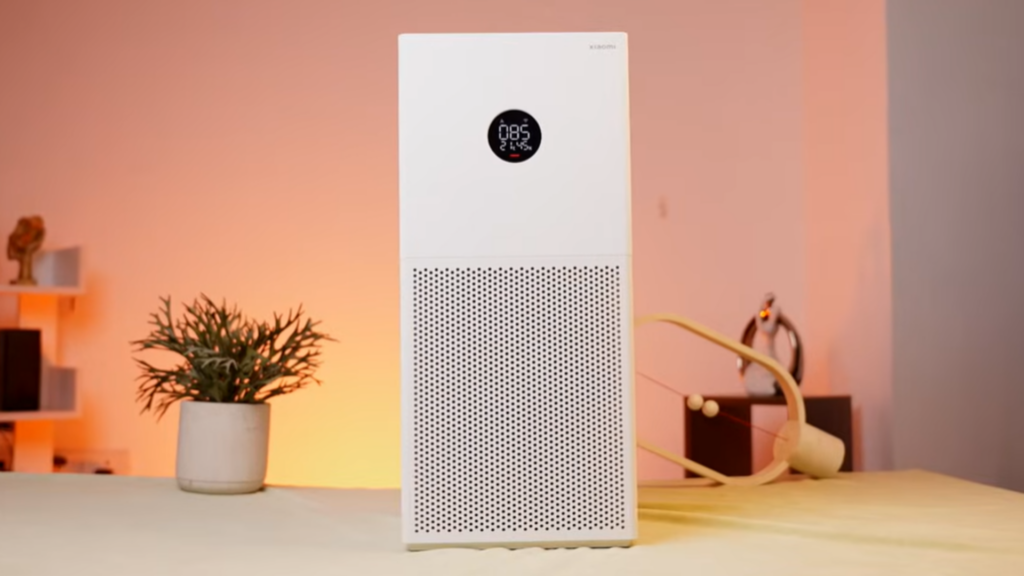
Factors That Determine How Many Air Purifiers You Need
Home Size & Layout
The size and shape of your home decide how many air purifiers you need. A small space might need just one, but bigger homes with many rooms often need more.
Short answer: Bigger homes need more air purifiers to clean the air well.
If your home has an open floor plan, air moves freely, so one purifier might cover a large space. But in closed rooms, walls block airflow, so each room may need its own purifier.
Air Quality Concerns
Your air quality depends on what’s in it. Do you have pets? Live near traffic? Deal with allergies? These things can mean you need more purifiers.
Short answer: More allergens, smoke, or dust? More purifiers may be needed.
Pet owners may need purifiers in rooms where pets spend time. If outside air brings in pollution, placing purifiers in key spots can help trap it.
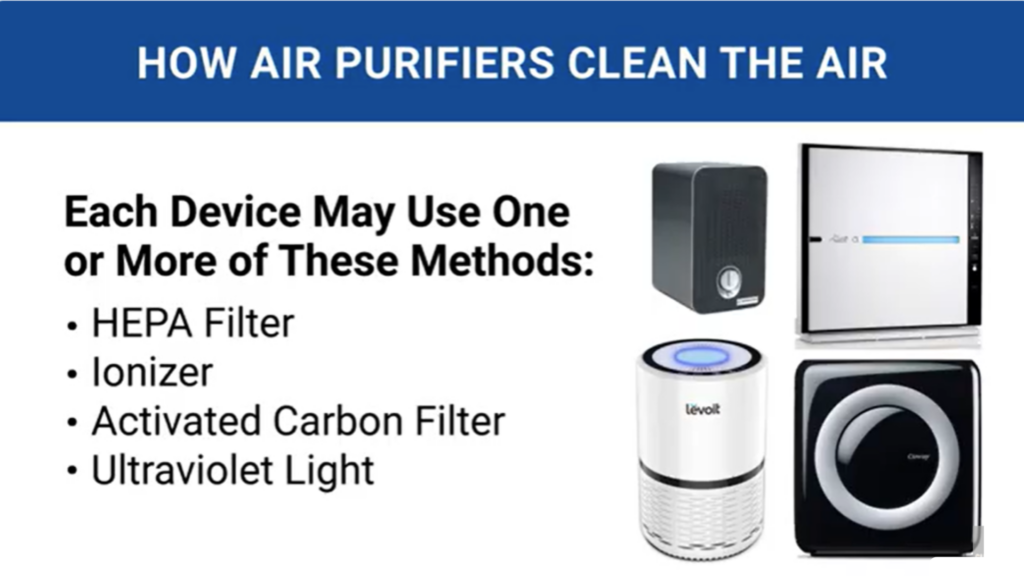
Best Place to Place an Air Purifier
Where you put your purifier is just as important as how many you have. The right spot makes sure it works well.
Short answer: Put air purifiers in the rooms you use most. Keep them away from walls and furniture for better airflow.
The best place to place an air purifier is near problem areas—like close to pet beds or windows where pollution comes in. Keep it a few feet from walls so air moves freely.
Do I Need an Air Purifier for Each Room?
Not sure if you need an air purifier in every room? It depends on your space and air quality needs. A strong purifier can clean multiple areas, but some rooms may need their own.
Short answer: You don’t always need one in every room, but key spaces like bedrooms and living rooms should have one.
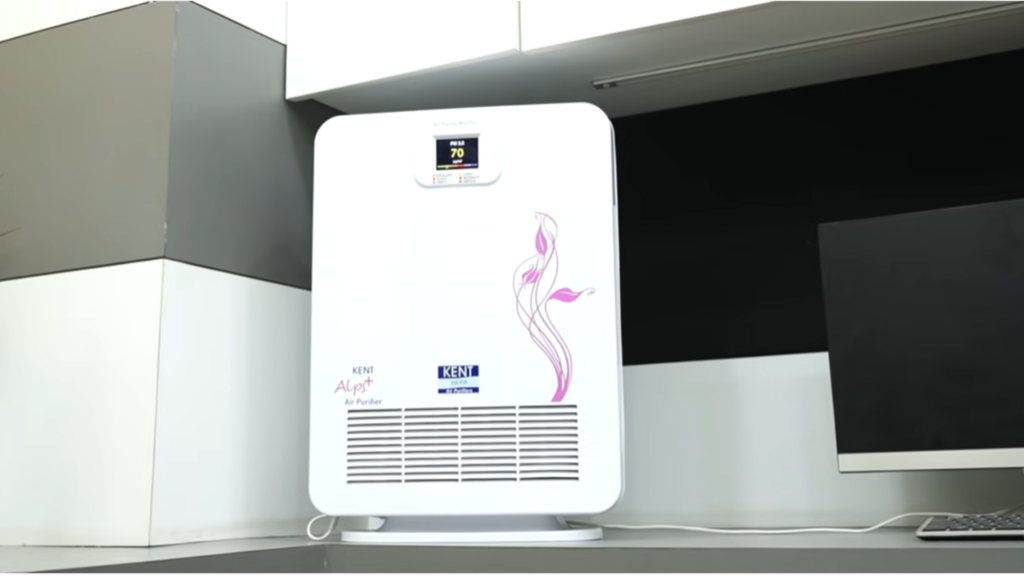
Pros and Cons of Having More Than One
Adding purifiers to multiple rooms has benefits, but it’s not always necessary. Let’s break it down:
✅ Pros:
- Cleaner air in every room.
- Fewer allergens, dust, and odors.
- More control over air quality in different areas.
❌ Cons:
- Costs more to buy and run.
- Takes up space.
- A powerful purifier in the right spot may be enough.
Can One Purifier Be Enough?
A high-capacity purifier can handle an open floor plan or smaller home. If your space flows together, placing one unit in a central spot—like the living room—can clean multiple areas.
Short answer: If your home has an open layout, one purifier may be all you need.
But if you close doors often or have specific concerns (like pet dander in one room or allergies in another), more purifiers can help.
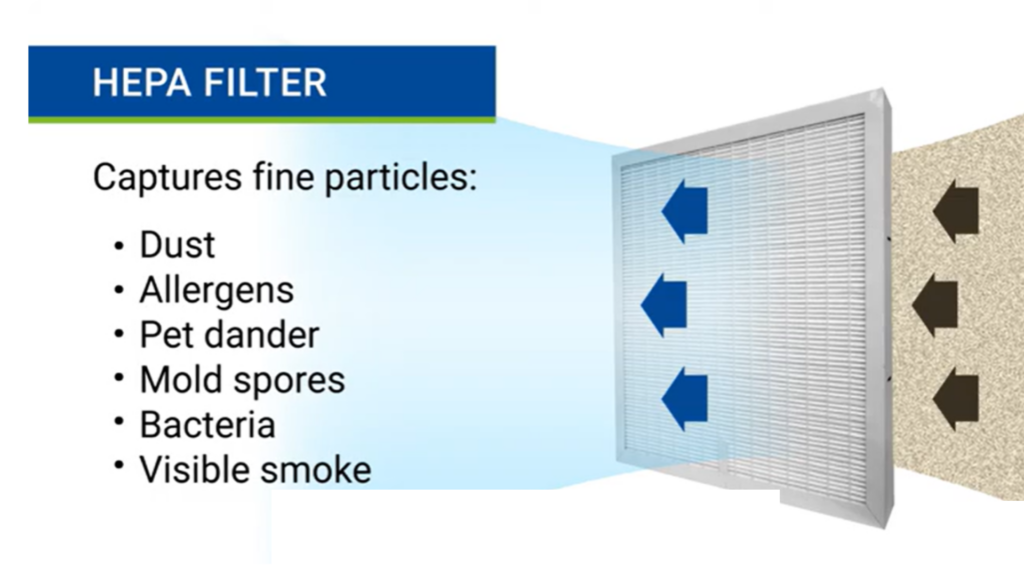
What’s the Best Choice?
Think about your home’s layout and air quality needs before buying more purifiers. If some rooms have more dust, odors, or allergens, placing purifiers there makes sense.
Short answer: Start with key rooms where you spend the most time.
How Many Air Purifiers Do I Need for My Home?
Not sure how many air purifiers you need? It depends on your home’s size and air quality. Some rooms need one, while others can share.
Short answer: One purifier works for most homes, but bigger spaces may need more.
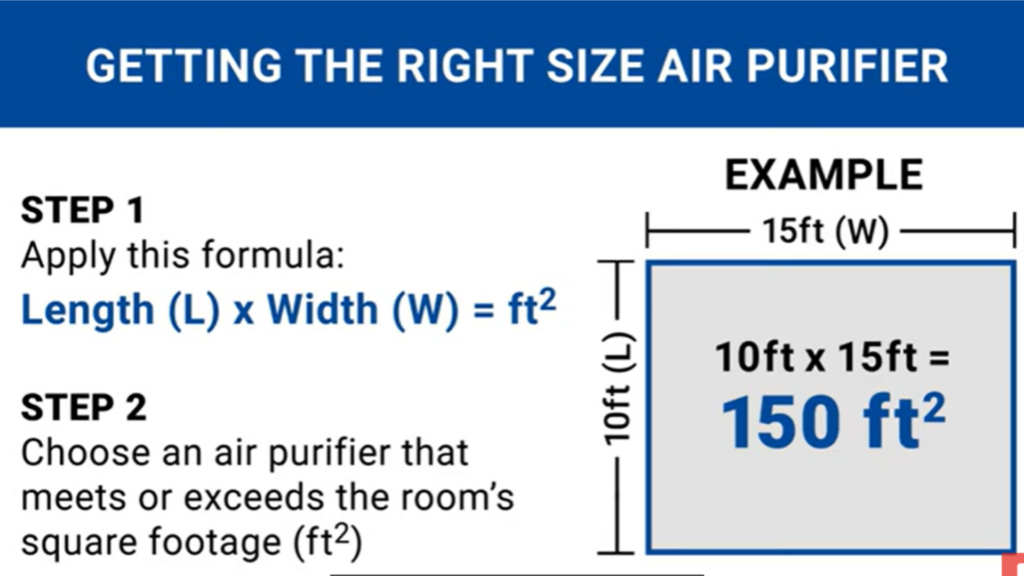
Living Room: The Main Gathering Spot
The living room is where dust, pet hair, and odors build up fast. Since it’s a high-traffic area, keeping the air clean here is key.
Short answer: A purifier in the living room helps keep the air fresh where you relax the most.
Bedrooms: Sleep Better with Cleaner Air
Good air quality helps you sleep well. Dust, pollen, and pet dander can make breathing harder at night. If you wake up stuffy, a purifier in your bedroom can help.
Short answer: A bedroom purifier can improve sleep by reducing allergens.
Kitchen & Other Spaces: Stop Odors and Moisture
Cooking releases smoke, grease, and smells that stick around. Kitchens also get humid, which can cause mold. If your kitchen connects to the living room, one strong purifier might do the job.
Short answer: If your kitchen gets smoky or humid, a purifier helps keep the air clean.
Small Apartments vs. Large Homes
A small apartment may only need one purifier in the main area. But bigger homes with closed-off rooms often need more.
Short answer: One purifier works in small spaces, but large homes may need extra units.
Do I Need an Air Purifier at All?
Ever wonder if an air purifier is worth it? I did too. But the truth is, not everyone needs one. Sometimes, simple fixes work just as well.
Short answer: If you have allergies, odors, or pollution, an air purifier helps. But if your air is already fresh, good airflow and plants might be enough.
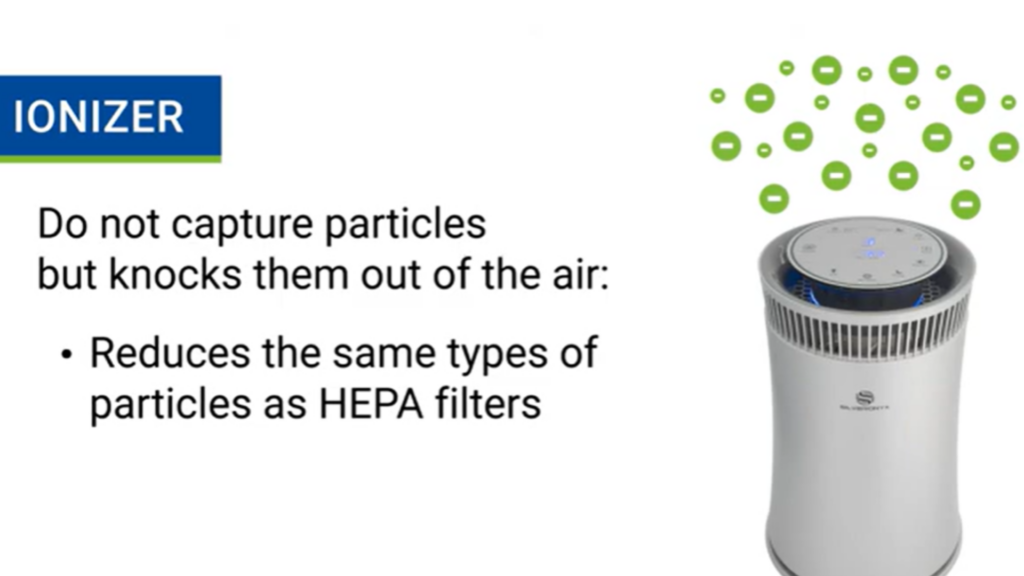
When You Really Need One
Some homes must have an air purifier. If you deal with allergies, asthma, or smoggy air, clean air isn’t a luxury—it’s a lifesaver.
- Do you wake up stuffy? Dust and pet dander could be the problem.
- Does your home smell stale? Cooking, smoke, or musty air can linger.
- Live near traffic or a factory? Outdoor pollution sneaks inside.
In these cases, an air purifier isn’t just nice—it’s a game changer.
When You Can Skip It
Not sure you need one? Try these easy fixes first.
- Open windows often. Fresh air clears out stale air.
- Add houseplants. Some plants, like snake plants, help clean the air.
- Vacuum and dust more. Less dust means cleaner air.
Short answer: If you already have fresh air and clean often, you might not need one—but it can still help.
Final Thought
If allergies, odors, or pollution are a problem, an air purifier is worth it. But if your air already feels fresh, you may not need one yet.
Think about your home and health—then decide what’s best for you.
FAQs
Can one air purifier clean multiple rooms?
Yes, but only if air flows freely.
If your home has an open layout, one purifier can cover more space. But walls and doors block airflow, so rooms with closed doors may need their own. Think of it like a candle scent—if the air moves well, it spreads everywhere. If not, it stays in one spot.
👉 Best tip? Put the purifier in an open area where air moves between rooms.
Should I keep my air purifier on all the time?
Yes, for the cleanest air.
Air gets dirty all day—dust floats, allergens settle, and smells build up. Keeping the purifier on prevents buildup and keeps air fresh. Most purifiers use little energy, so you don’t have to worry about a big bill.
🔹 Too noisy at night? Run it on low.
🔹 Want to save power? Use a timer or smart plug.
But for the best results, 24/7 is the way to go.
Where’s the best place for an air purifier?
Near problem areas, away from walls.
Put it where it catches the most pollutants:
✅ In bedrooms for better sleep
✅ In the living room where dust builds up
✅ Near doors or windows to stop outdoor pollution
❌ Don’t block it! Keep it off the floor and away from walls so air can move. Think of it like a speaker—place it right, and it covers more space.
How do I know if my air purifier is working?
Check the filter, airflow, and how you feel.
🔹 Look at the filter. If it’s dirty, it’s doing its job.
🔹 Feel the airflow. Weak airflow? Clean or change the filter.
🔹 Notice the air. Fewer allergies, less dust, or fresher air? That’s proof it works.
Some purifiers have air quality sensors—check them for real-time updates!
Conclusion & Final Thoughts
So, how many air purifiers do you need? It depends on your home and air quality.
Quick answer: If you have a small, open space, one purifier might work. But for larger homes or rooms with closed doors, more units help.
If you have allergies, pets, or pollution, put purifiers in key spots—like bedrooms and the living room—for better air. But if your air feels fresh, opening windows and cleaning often may be enough.
💡 Best Tip: Start with one good purifier in the busiest area. If you still notice dust, smells, or sneezing, add another where needed.
Have questions or tips? Drop a comment! Let’s chat and breathe easier together. 😊
My name is Carlos Gadd, and I am the creator of AirPurityGuide.com.. With a passion for footwear, I share my experiences, insights, and expertise about shoes. Through my blog, I aim to guide readers in making informed decisions, finding the perfect pair, and enhancing their footwear knowledge. Join me on this journey to explore everything about shoes!